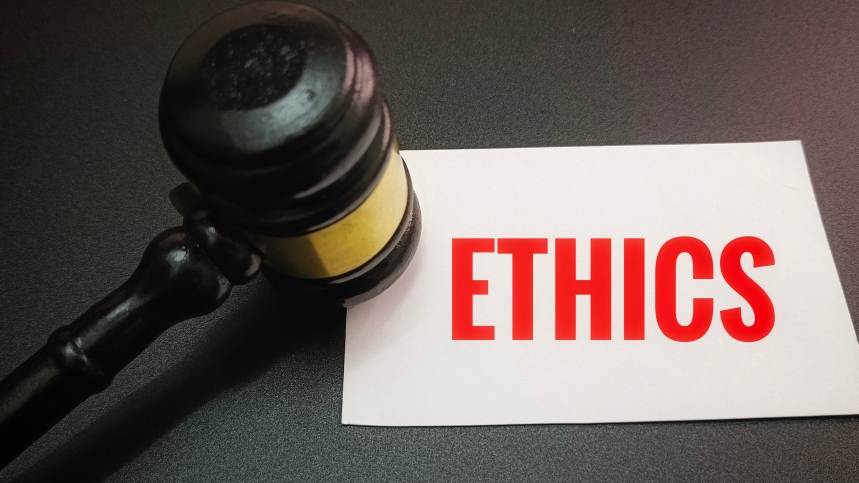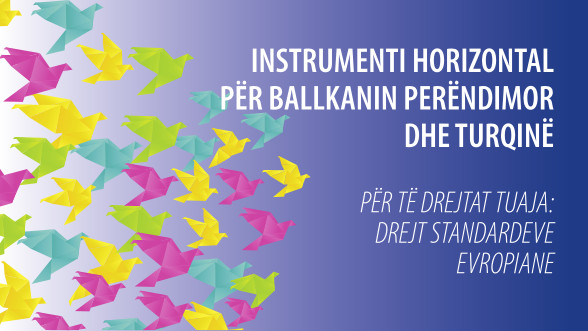The process of drafting of new Codes of Ethics for judges and prosecutors in Montengro has been recently launched, marking an important step forward toward reinforcing ethical standards and promoting integrity across the justice system. Supported by the joint European Union and Council of Europe action “Strengthening accountability of the judicial system and enhancing protection of victims' rights in Montenegro” the updated Codes of Ethics aim to reflect modern principles of judicial conduct and prosecutorial responsibility, aligning national practices with international standards. The initiative underscores the commitment of judicial institutions to upholding the highest levels of professionalism, impartiality, and public trust in the judiciary and prosecution service.
The new codes are being developed through a broad consultative process, engaging Council of Europe expertise and addressing and co-ordinating inputs from judges, prosecutors, legal experts, civil society representatives, and international partners. The new codes are expected to provide clear guidance on issues such as conflicts of interest, impartiality, confidentiality, accountability, and appropriate conduct both in and out of the courtroom. Ultimately, they should lead to more comprehensive and practical ethical frameworks guiding daily professional conduct of judges and prosecutors and promoting a culture of judicial integrity.
The process of drafting the new codes is facilitated under the action “Strengthening accountability of the judicial system and enhancing protection of victims' rights in Montenegro” and of the framework of the Horizontal Facility for the Western Balkans and Türkiye.


